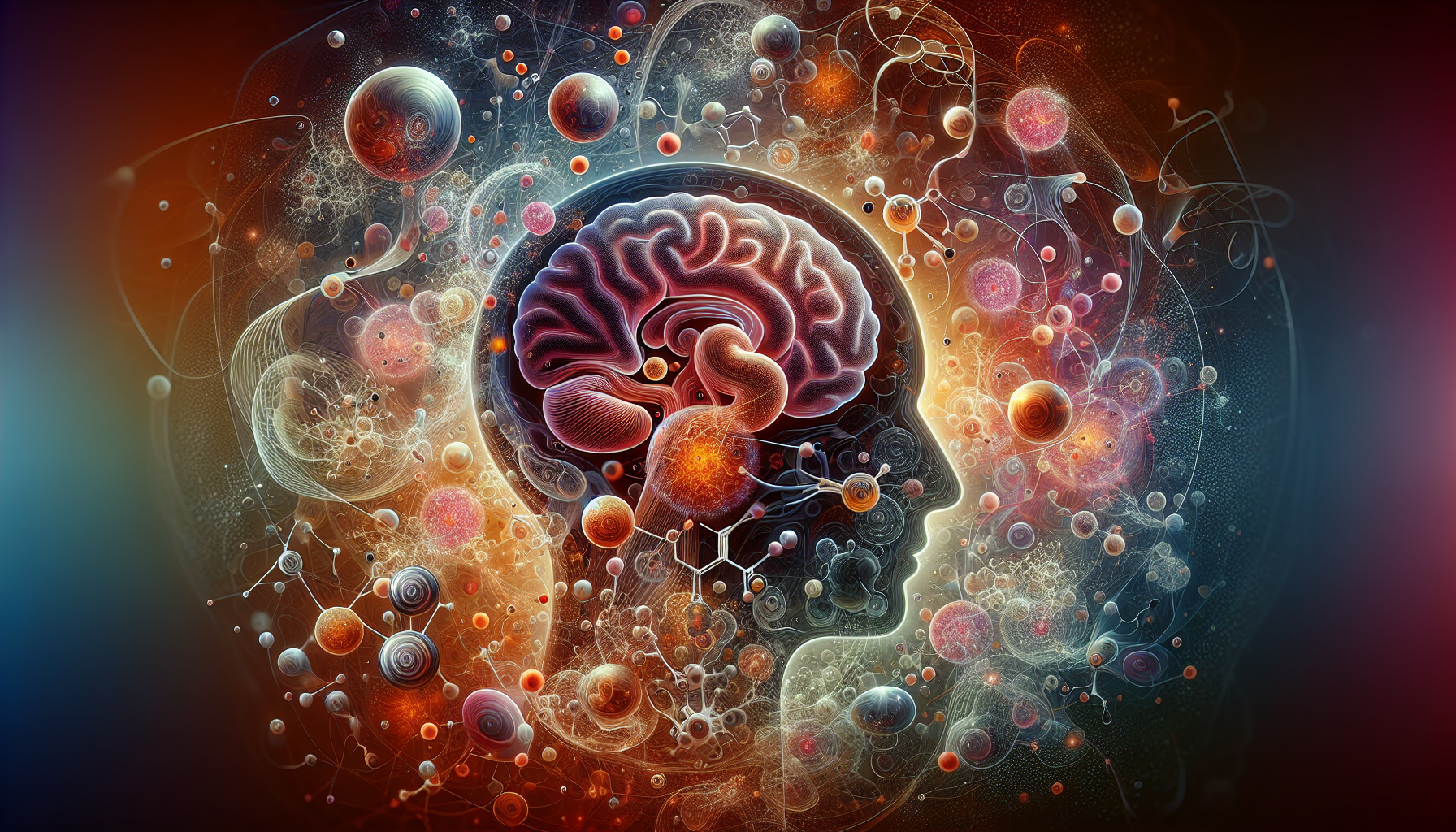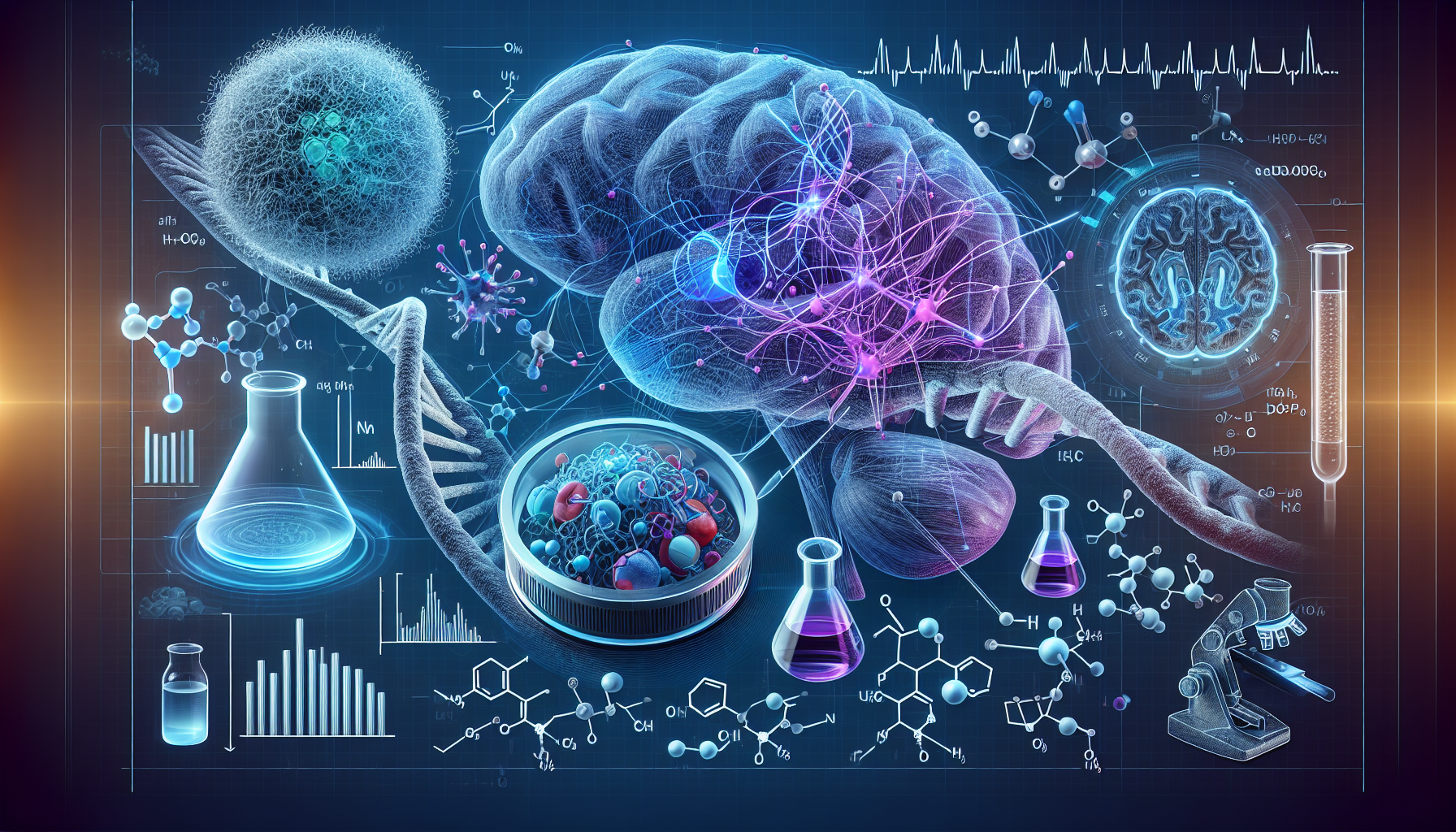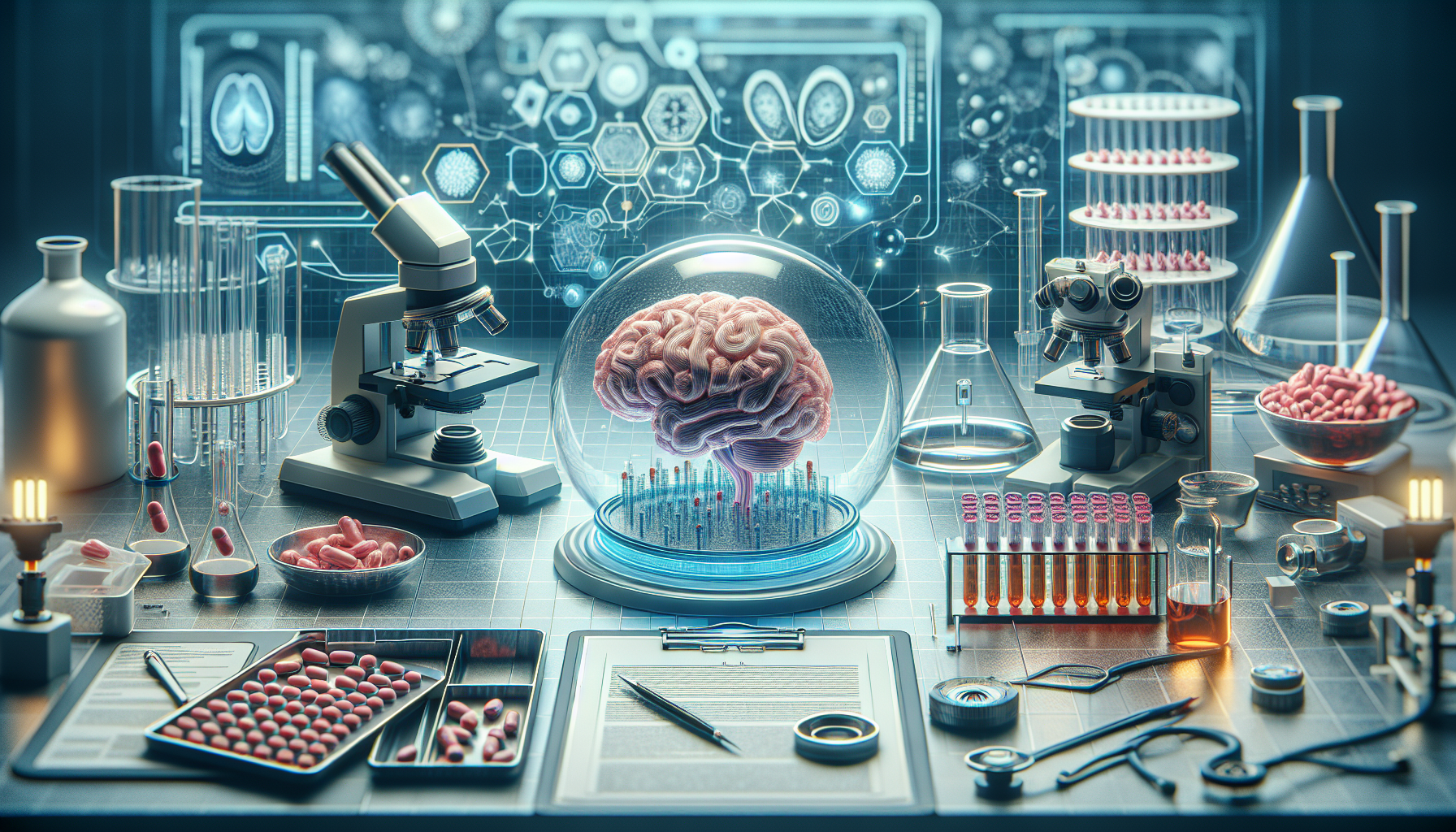New Insights into Brain Stimulation: Neurophet's Innovative Research on Alzheimer's Disease
Key Takeaways
- Neurophet presented new research on tDCS and Alzheimer's disease at OHBM 2024.
- Differences in tDCS electric fields between AD patients and cognitively normal individuals were highlighted.
- Personalized tDCS methods may enhance treatment effectiveness for Alzheimer's patients.
Did You Know?
Introduction to Neurophet’s Presentation at OHBM 2024 Conference
This year at the Organization for Human Brain Mapping (OHBM) Annual Meeting 2024, Neurophet, a pioneering company in artificial intelligence (AI) solutions for brain diseases, presented a groundbreaking study on brain stimulation simulation related to Alzheimer’s disease (AD). The conference, known for its focus on neuroimaging, provided Neurophet with a platform to showcase their latest advancements including the Neurophet AQUA and Neurophet tESplan Plus software.
Highlighting Advanced Brain Stimulation Tools
Neurophet tESplan Plus, a cutting-edge brain imaging treatment planning software for electric brain stimulation, was a key highlight at the conference. Alongside, they demonstrated the capabilities of Neurophet AQUA, a sophisticated brain MRI analysis software. The integration of these tools represents a significant advancement in personalized treatment planning for brain diseases, including Alzheimer’s.
Understanding Alzheimer’s Disease and tDCS
Alzheimer’s disease affects millions of individuals worldwide, and the search for effective treatments is more pressing than ever. Transcranial direct current stimulation (tDCS) has emerged as a promising non-invasive method to enhance cognitive functions in patients with AD. However, previous studies often applied the same stimulation methods to both AD patients and cognitively normal (CN) individuals, which could lead to reduced effectiveness due to varying brain conditions.
Neurophet's Groundbreaking Research
Neurophet’s study, “Differences in transcranial direct current stimulation-induced electrical fields according to Alzheimer’s disease and gender: An in-silico study,” examined how tDCS-induced electric fields differ between AD patients and CN individuals. Utilizing Neurophet AQUA and Neurophet tES LAB to generate 3D brain models, the research demonstrated significant variations in electric field intensities across different brain regions.
Significance of Electric Field Intensities
Research indicates that electric field strengths are closely linked to the effectiveness of neurophysiological modulations by tDCS. Therefore, understanding the differences in electric field intensities between CN individuals and AD patients is crucial for optimizing tDCS stimulation methods. This can potentially lead to more effective treatments and improved cognitive functions in AD patients.
Optimizing Brain Stimulation for Better Outcomes
The findings suggest that personalized tDCS stimulation, which takes into account the anatomical differences of AD patients, can enhance the effectiveness of brain stimulation therapies. This could pave the way for more tailored and efficient treatment plans, addressing the unique needs of each patient.
CEO Jake Junkil Been’s Insights
Neurophet’s CEO, Jake Junkil Been, expressed enthusiasm about the in-depth discussions with global researchers at OHBM. He emphasized the importance of advancing brain stimulation technologies as the market for Alzheimer’s treatments continues to grow. Neurophet's commitment to innovation and patient care remains strong as they strive to lead in the development of AI-based solutions for brain health.
About the Organization for Human Brain Mapping (OHBM)
Established in 1995, OHBM is a leading international society that advances the understanding of the human brain through neuroimaging. The annual conference attracts renowned scholars and researchers from around the globe, promoting significant scientific contributions to the field of brain mapping.
About Neurophet
Neurophet, founded in 2016 by CEO Jake Junkil Been and CTO Donghyeon Kim, specializes in developing AI-driven solutions for diagnosis support, treatment guides, and treatment devices targeting brain diseases. Their products, such as Neurophet AQUA, Neurophet SCALE PET, and Neurophet tES/TMS LAB, are recognized for their innovation and impact in the field of neuroscience.
Future Directions
Neurophet’s dedication to exploring the human brain and pioneering new solutions for brain diseases is evident in their ongoing research and product development. Their focus on artificial intelligence and personalized medicine promises to bring significant advancements to the field, offering hope to millions of patients worldwide.
References
- OHBM (Organization for Human Brain Mapping)https://www.humanbrainmapping.org/i4a/pages/index.cfm?pageid=1
- Neurophet Official Websitehttps://www.neurophet.com/






